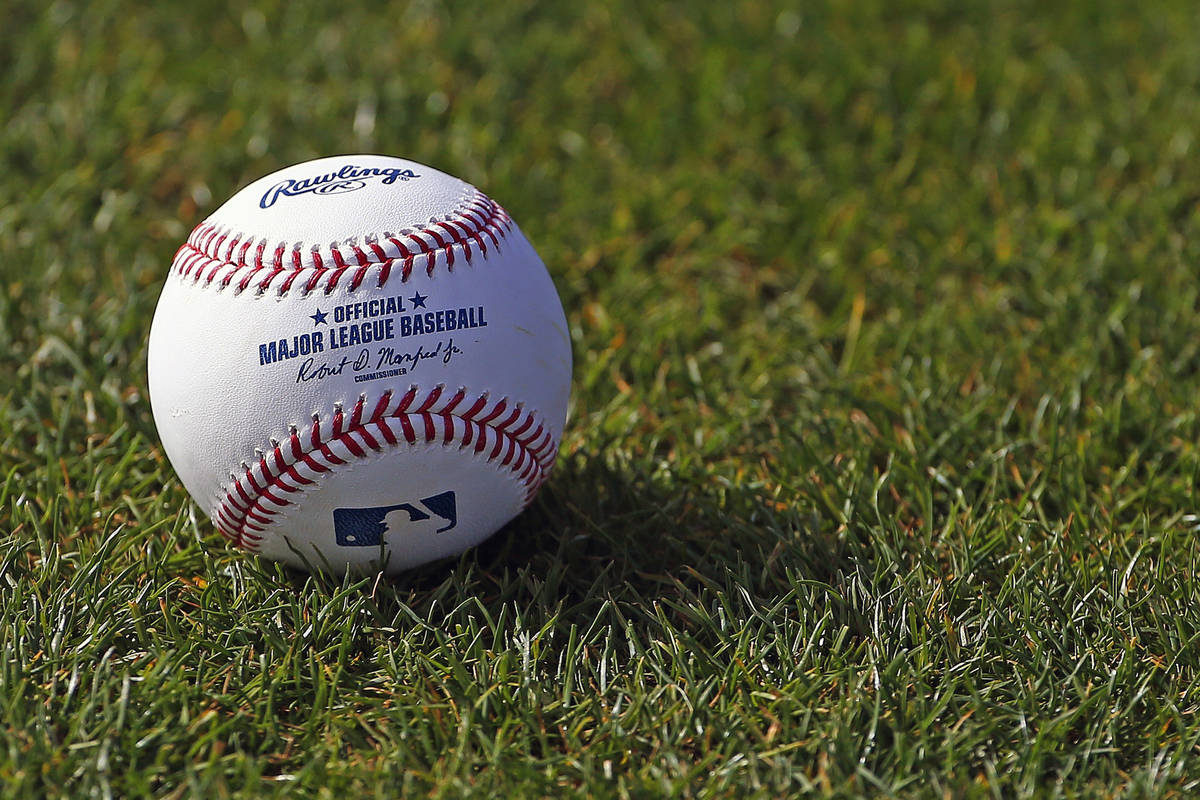MLB rejects players’ 114-game season proposal

NEW YORK — Major League Baseball rejected the players’ proposal for a 114-game schedule in the pandemic-delayed season with no additional salary cuts, telling the union that teams have no reason to think 82 games is possible and now will discuss even fewer.
Players made their proposal Sunday, five days after management’s initial economic plan. Opening day would be June 30 and the regular season would end Oct. 31, nearly five weeks after the Sept. 27 conclusion that MLB’s proposal stuck to from the season’s original schedule.
Management has said it will discuss a schedule of about 50 games, which would result in players receiving about 30% of their full salaries under the deal for prorated pay the union agreed to in March.
“You confirmed for us on Sunday that players are unified in their view that they will not accept less than 100% of their prorated salaries, and we have no choice but to accept that representation,” Deputy Commissioner Dan Halem wrote in a letter Wednesday to chief union negotiator Bruce Meyer that was obtained by The Associated Press.
“Based on that position, the positions espoused in your counter-proposal, the significant health risk of extending the regular season past September, and the fact that we have missed our June 1 deadline for resuming spring training by June 10, we do not have any reason to believe that a negotiated solution for an 82-game season is possible,” Halem wrote.
“Nonetheless, the commissioner is committed to playing baseball in 2020,” Halem added. “He has started discussions with ownership about staging a shorter season without fans.”
He ended his letter by telling Meyer “we stand ready to discuss any ideas you may have that might lead to an agreement on resuming play without regular fan access in our stadiums.”
MLB does not want to play past October because it fears a second wave of the coronavirus could disrupt the postseason and jeopardize $787 million in broadcast revenue. Halem cited MLB’s infectious disease consultant, Dr. Ali Khan, Dean of the College of Public Health at the University of Nebraska.
“It is not in the collective interest of clubs or players to begin a 2020 season and subsequently be forced to suspend or cancel it before the completion of the postseason,” Halem wrote. “Dr. Khan and his team have advised us that to minimize the risk of a subsequent delay or cancellation of the 2020 season we should endeavor to complete the season and postseason as early in the fall as possible. … In addition, your proposal ignores the realities of the weather in many parts of the country during the second half of October. If we schedule a full slate of games in late October, we will be plagued by cancellations.”
Teams and players hope to start the season in ballparks with no fans, and teams claim they would sustain huge losses if salaries are not cut more. The sides agreed to a deal March 26 in which players accepted prorated salaries in exchange for $170 million in advances and a guarantee that if the season is scrapped each player would get 2020 service time matching what the player accrued in 2019.
That deal called for “good faith” negotiations over playing in empty stadiums or at neutral sites. The union has said no additional cuts are acceptable.
MLB’s proposal on May 26 would lower 2020 salaries from about $4 billion to approximately $1.2 billion, not including signing bonuses, termination pay or option buyouts. There would be a $200 million bonus if the postseason is completed .
The plan would establish a sliding scale of reductions. Players at the $563,500 minimum would get about 47% of their original salary and those at the top — led by Mike Trout and Gerrit Cole at $36 million — would receive less than 23%.
The union’s offer would have salaries total about $2.8 billion, leaving each player with about 70% of his original salary.